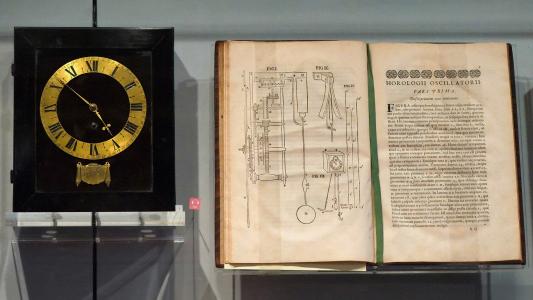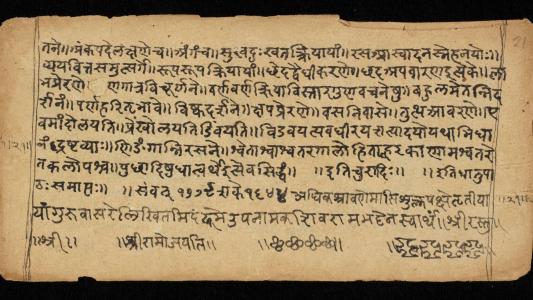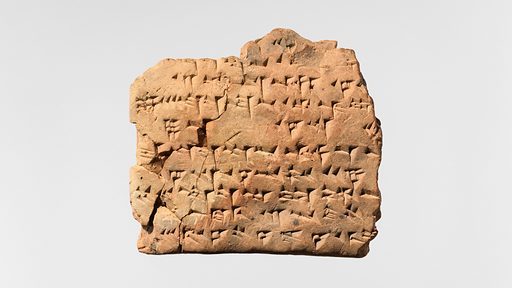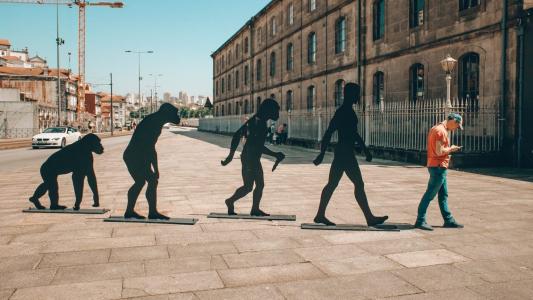History
Study: ancient technique holds thousands of tons of carbon, sequestered over centuries
"Dark earth" holds thousands of tons of carbon, sequestered over centuries by indigenous practices, a new study suggests.
The physics of why the first clock in America failed
When the first Dutch-built pendulum clock was brought to the Americas, it failed to keep accurate time on the continents of the new world.
PhD student solves a mysterious ancient Sanskrit text algorithm after 2,500 years
For centuries, a grammatical problem surrounding a meta-rule in Pāṇini's Aṣṭādhyāyī has risked readers misinterpreting the text.
Viktor Frankl: The doctor who prescribed the meaning of life to his patients
Not having a meaningful life can be dreadful, and one psychologist thought it was the root of many neuroses. His ideas became Logotherapy.
New AI translates 5,000-year-old cuneiform tablets instantly
Translating an ancient language is a time-intensive process, and only a few hundred experts are qualified to perform it. Could AI do the job?
We are spectacularly bad at predicting the future
Forecasters say AI will either enslave or liberate us, but the history of prediction suggests we have little way of knowing who will be correct.
The radical drop in maternal mortality was a public health miracle
In 1758 in Sweden, 1205 mothers died for every 100,000 live births, which was likely representative of the global maternal mortality rate.
Ancient technology that was centuries ahead of its time
These forward-thinking inventions are often called "ahead of their time." They are reflections of the ingenuity of their civilizations.
Did life evolve more than once? Researchers are closing in on an answer
Current scientific consensus is that life emerged from non-living molecules in a process called abiogenesis. But if life emerged once, why not more times?
We’re analysing DNA from ancient and modern humans to create a “family tree of everyone”
Genetic genealogy not only helps us understand where we came from, but it could also be used for tracing the origin of genetic mutations.









